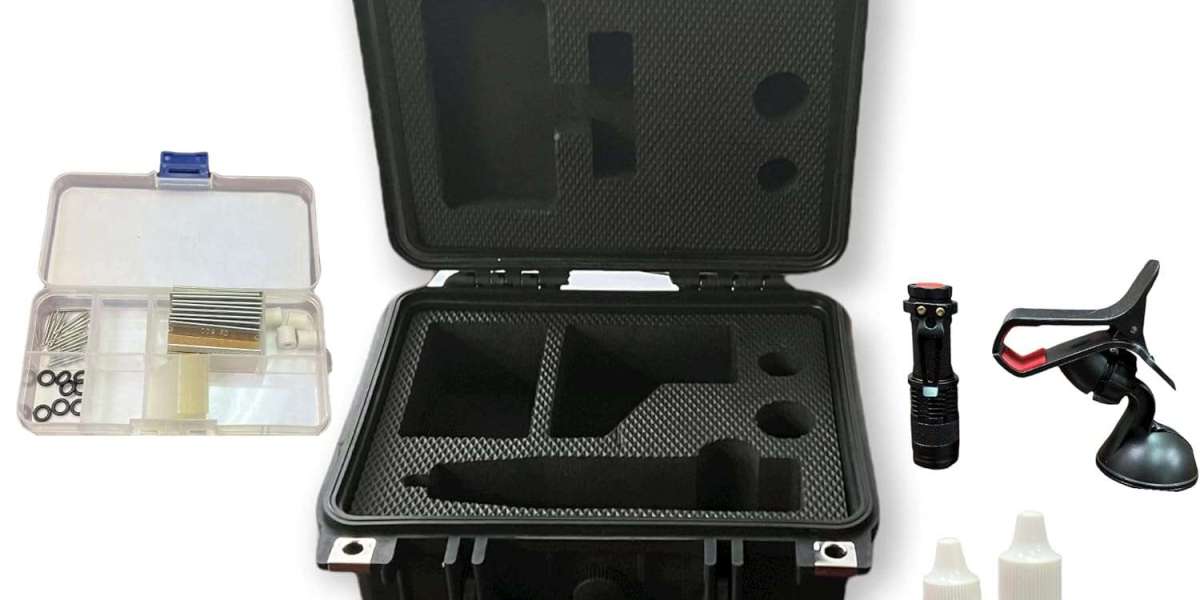It's a common scenario for many drivers to experience tiny pebble strikes on their windshield, leaving behind a small but noticeable chip. While these chips may seem minor, overlooking them can lead to bigger problems down the road. That's where DIY windshield chip repair kits come into play—they offer a convenient way to fix those pesky chips before they become major cracks.
However, ensuring you apply them correctly is crucial not just for your vehicle's appearance, but for your safety and visibility on the road.
Understanding Windshield Chip Repair Kits
DIY windshield chip repair kits typically include resin, an applicator, and curing tools. They're designed to be user-friendly, making it possible for you to handle minor repairs without the cost of professional services. These kits are not only affordable but also save you time and hassle.
Here are the steps you should follow while repairing your windshield by yourself.
Preparation is Key
Before diving into the repair process, take a moment to prepare. Start by cleaning the damaged area thoroughly. Use a glass cleaner and ensure the surface is dry to help the resin adhere properly. Select a repair kit that matches the size and type of damage on your windshield for the best results.
Safety Precautions
Your safety comes first, so remember to wear gloves and safety goggles throughout the repair process. This protects your skin from resin exposure and your eyes from accidental splashes. Work in a well-ventilated area to minimize fumes and keep the repair kit away from children and pets.
Application Techniques
Now, let's get to the repair itself. Use the provided applicator or syringe to carefully inject the resin into the chip. Make sure the resin fills the entire damaged area to avoid leaving air bubbles. Once applied, use UV light or sunlight to cure the resin according to the kit's instructions.
Post-Repair Care
After applying the resin, allow it ample time to cure completely before hitting the road. Avoid exposing your repaired windshield to extreme temperatures or harsh chemicals immediately after the repair. Regularly inspect the repaired area for any signs of new damage to catch potential issues early.
Conclusion
Remember, taking care of minor windshield chips promptly not only preserves your vehicle's appearance but also ensures your safety while driving. DIY windshield chip repair kits offer a practical solution, but for larger or more complex damage, seeking professional help is wise. These tips and precautions help you confidently tackle windshield repairs at home, keeping your view clear and your driving experience safe.









